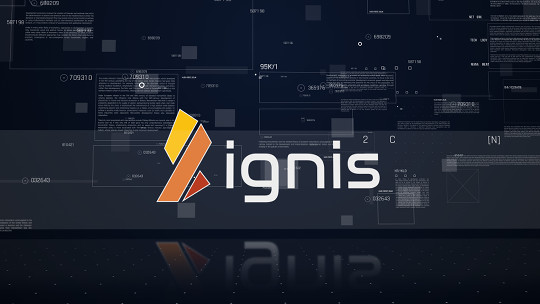The publicly available, fully-featured and permissionless Ignis child chain provides a variety of built-in functions for everybody to use. Anyone from individual developers to small and large businesses can use the Ignis child chain and token to build permissionless or permissioned decentralized applications.
- Stateless lightweight contracts coded in enterprise-friendly Java enable seamless process automation and interfacing with non-blockchain systems.
- Account and asset control enable developers to limit the accessibility of their applications as desired.
- dApp developers can sponsor the transaction fees of their specific end users thanks to the novel "bundler" system.
- The alias system allows anyone to register a unique name-value mapping within each child chain. Ignis aliases can be used to login or as easy-to-remember transaction recipients.
- The decentralized asset exchange allows anyone to issue an asset on the Ignis child chain, which is then accessible on all child chains. Assets be traded, used for shareholder voting, or to pay dividends in any child chain token. Dividends can even be paid using another asset or currency.
- The decentralized marketplace is available on Ignis and on any child chain where it is enabled, allowing the listing of digital or physical goods for sale, with pictures, and reviews from buyers.
- On Ignis, or other child chain which support the monetary system currencies, one can conduct crowdfunding, issue cross-gaming tokens, issue a currency used for voting only, and so much more.
- You can also create decentralized polls with multiple questions and then count the votes based on several possible voting models - such as by account, by balance, and/or by asset balance.





The Ignis child chain also provides some basic building blocks on top of which you can build even more complicated applications:
- Plain text or encrypted messages can be sent between accounts, or attached to another transaction.
- Data can be uploaded to the data cloud and tagged with keywords to be searchable.
- Transaction execution can be made conditional, requiring approval by white listed accounts, by voting, or by revealing a shared secret or publishing another transaction, enabling atomic coupling between transactions, including cross-blockchain coupling.
- Accounts can be tagged with metadata to allow white listing or KYC-approval.
All these features can be used within the browser-based wallet or programmatically thanks to the http API with more than 250 API calls. You can get started with Ardor and Ignis even without downloading the software, by using the public testnet and mainnet nodes maintained by Jelurida.
Finally, if the built-in set of applications and transaction types is still not sufficient for your project, you can use the Ardor and Ignis software as a framework for a custom blockchain under the Jelurida Public License and launch a new blockchain instance based on it.
Custom software design, training, workshops, and technical consulting are available for those interested in using the public Ardor blockchain platform and the permissionless Ignis child chain in their business. For more information, to discuss how your project can join our public blockchain ecosystem, or for private blockchain implementations based on the Ardor and Ignis software, contact us at info@jelurida.com.


